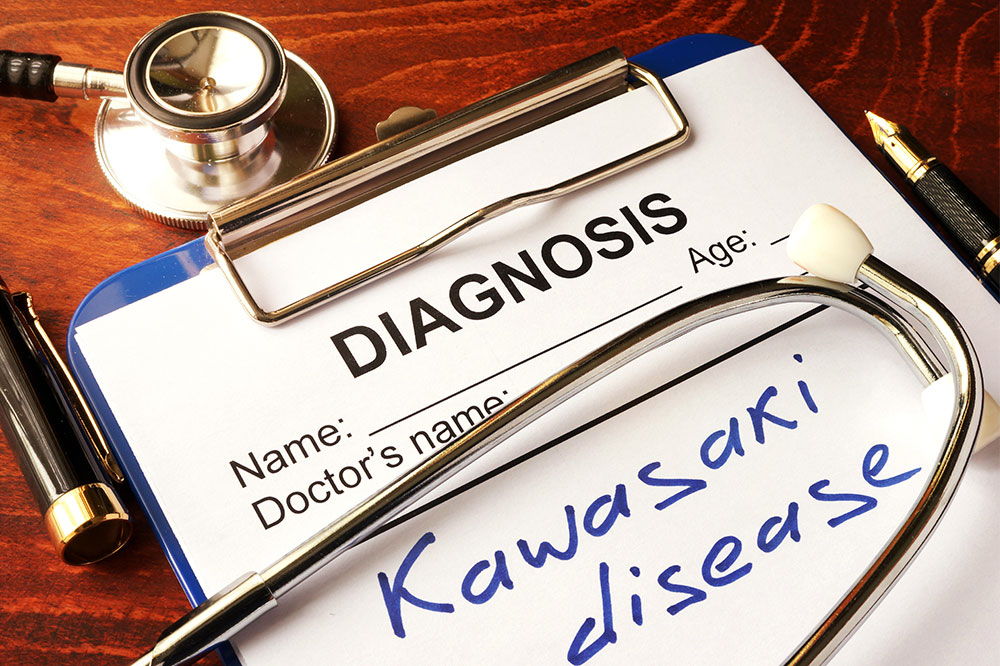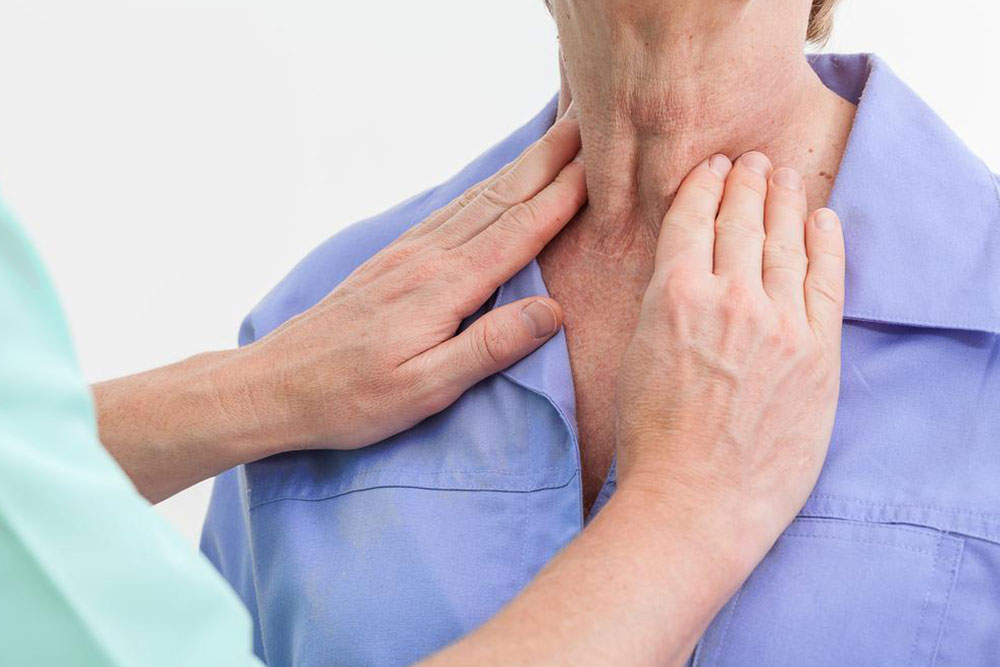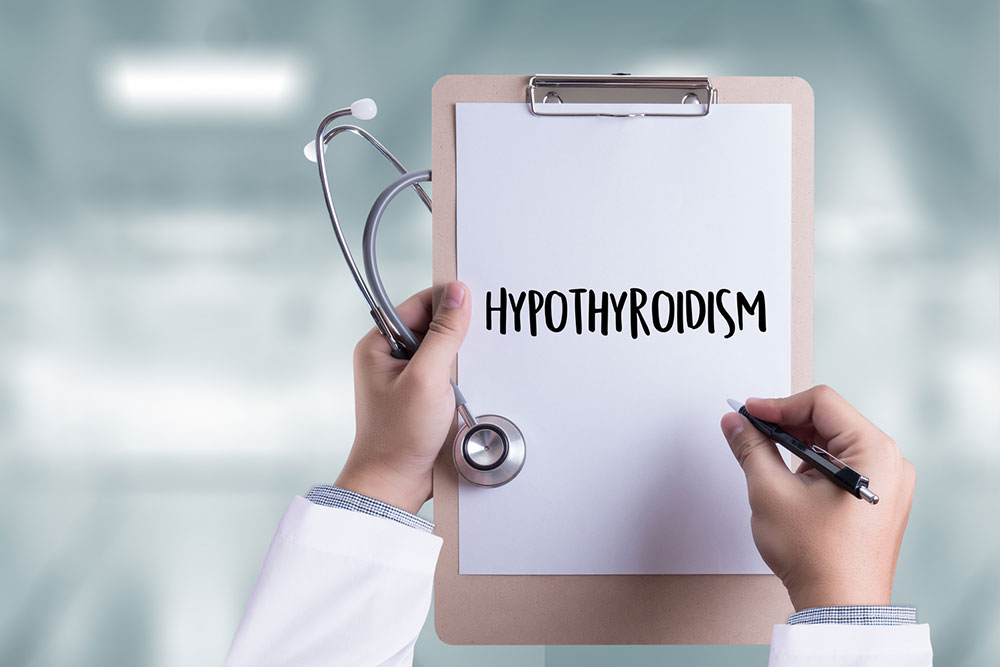Recognizing Hypothyroidism Symptoms in Children and Teens
This article covers the key signs of hypothyroidism in infants, children, and teens. It emphasizes early detection through routine screening and highlights symptoms like feeding difficulties in infants, delayed growth, and developmental issues in older kids. Timely treatment, including hormone therapy and lifestyle adjustments, aids in ensuring healthy growth and development. Recognizing these signs early is critical for preventing long-term health effects, making awareness vital for parents and caregivers.

Recognizing Hypothyroidism Symptoms in Children and Teens
Hypothyroidism isn't limited to adults; it can also affect infants, children, and teenagers. Since young individuals have developing immune systems, it's important to identify signs early. Children's hypothyroidism can be present from birth (congenital) or develop later (acquired). Congenital hypothyroidism occurs at birth, while acquired forms appear during childhood or adolescence.
Early signs in infants
Some newborns may be born with or develop a faulty thyroid gland, causing congenital hypothyroidism. Symptoms include:
Enlarged, protruding tongue
Facial swelling
Difficulty swallowing during feeding
Yellowing of skin and eyes (jaundice)
Progressing cases may lead to excessive sleep and constipation.
Severe hypothyroidism in infants can impair both mental and physical growth. Early detection is crucial for effective treatment. Since signs can be subtle or absent at birth, routine screening exists in hospitals. For home births, parents should seek professional screening.
In older children and teens, hypothyroidism may show similar symptoms as adults, such as fatigue, constipation, memory issues, depression, weight gain, muscle and joint discomfort, and coarse hair. Additional signs include:
Delayed puberty
Frequent headaches
Vision problems
Delayed permanent teeth development
Stunted growth, possibly leading to short stature
Cognitive delays
If these symptoms are observed, prompt medical consultation is essential. Early diagnosis and intervention ensure healthy development, preventing long-term complications. Treatment often involves hormone replacement therapy, which, while initially causing side effects like restlessness or headaches, stabilizes health over time. Regular monitoring and lifestyle changes can support full recovery and growth.
Important Notice:
This website offers valuable insights across various topics. While the information is based on research and expert data, it shouldn’t replace professional medical advice. Always consult healthcare professionals for diagnosis and treatment options. The site cannot be responsible for discrepancies or unlisted offers available elsewhere.









